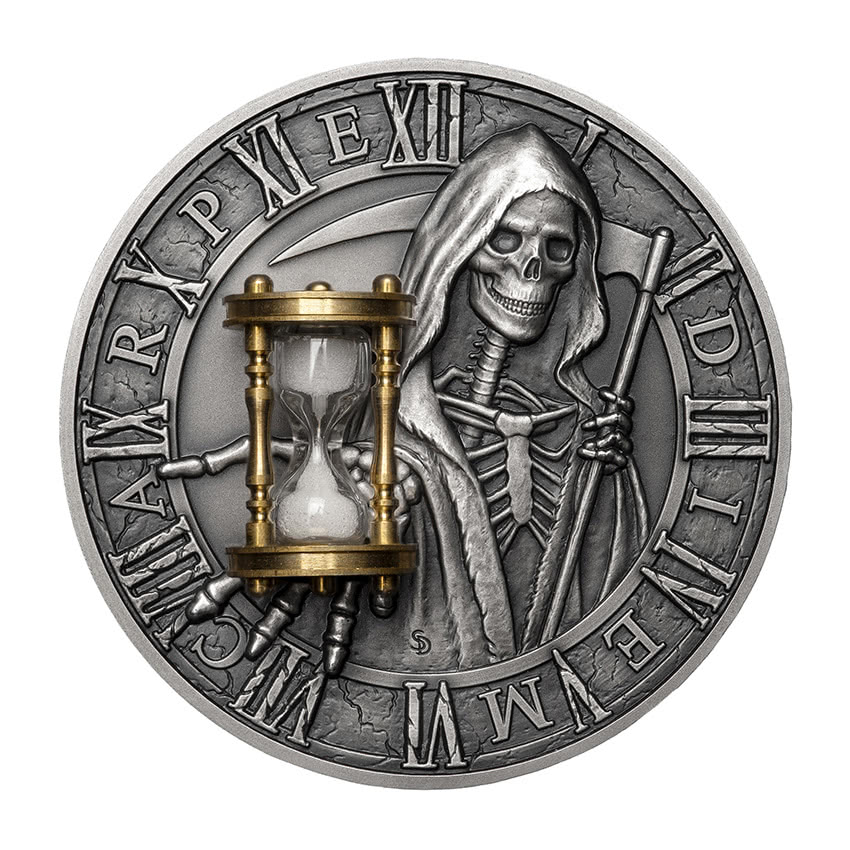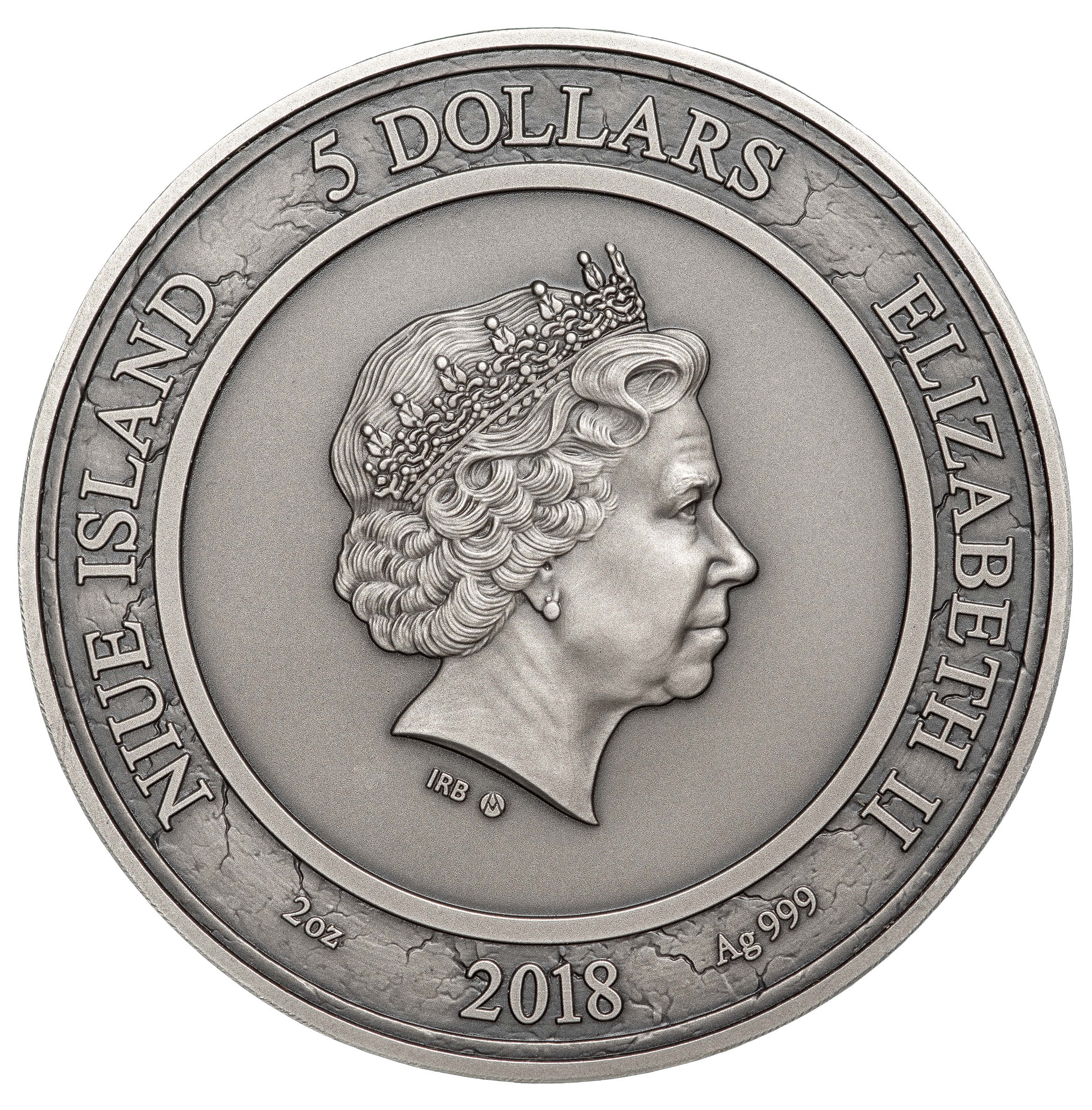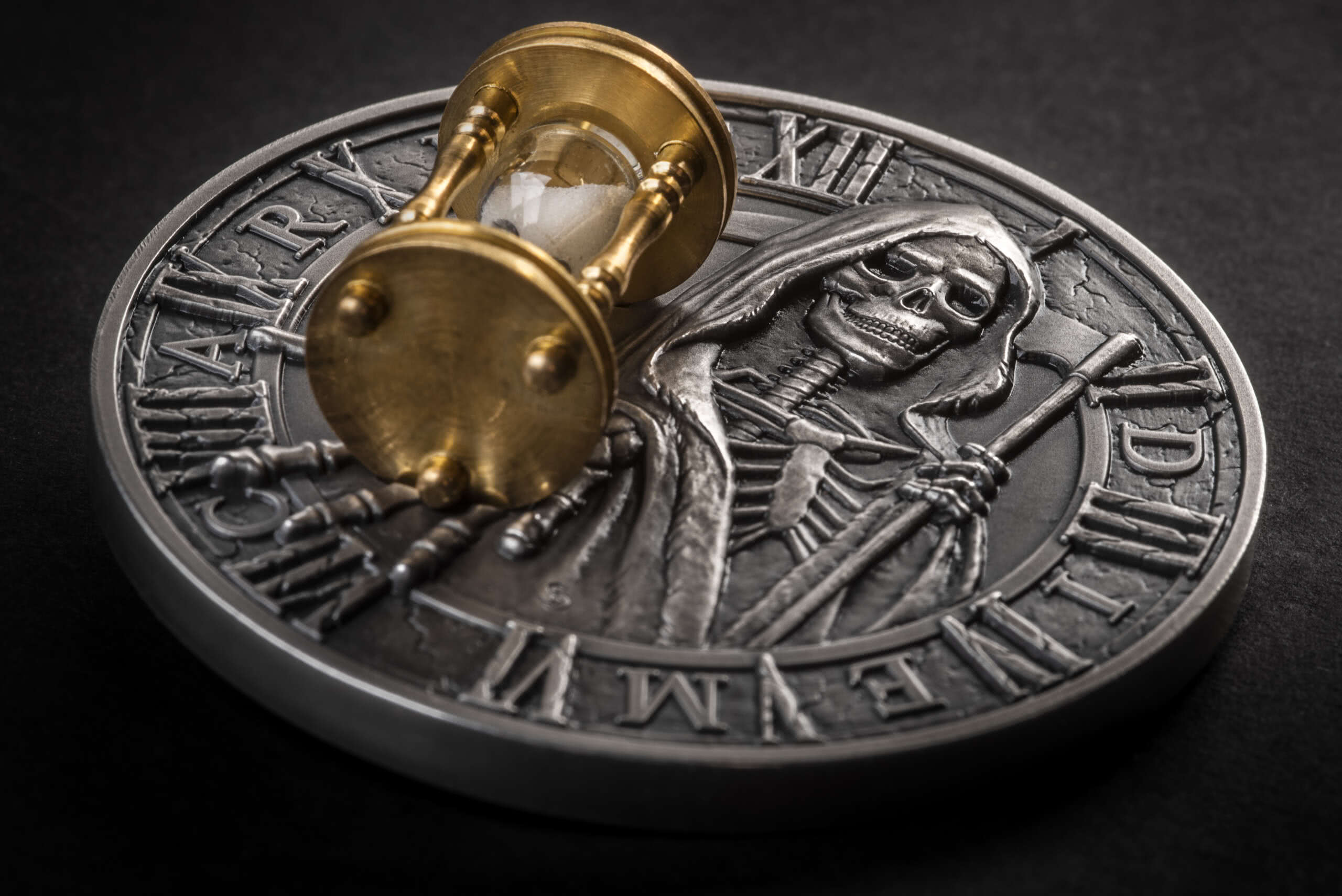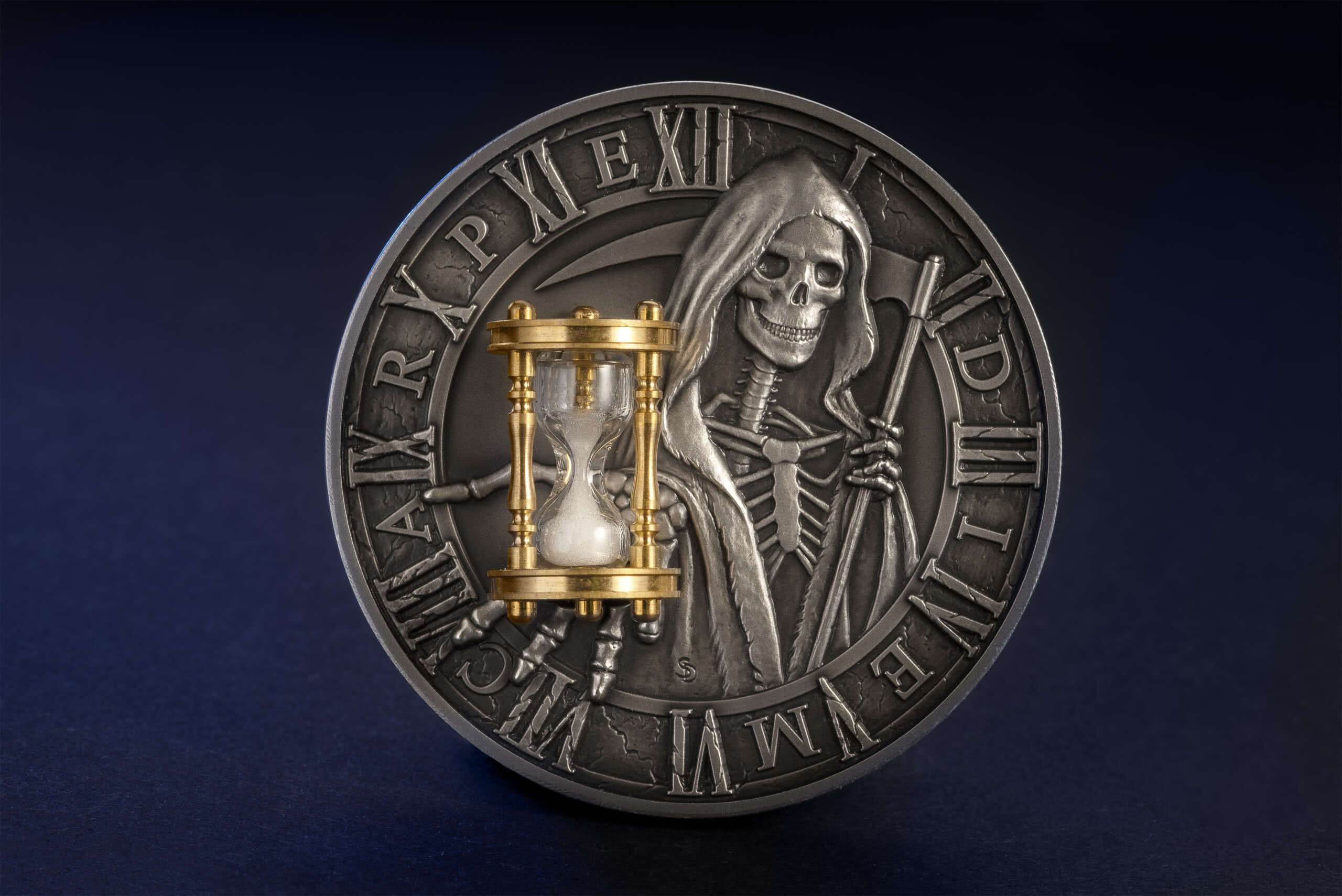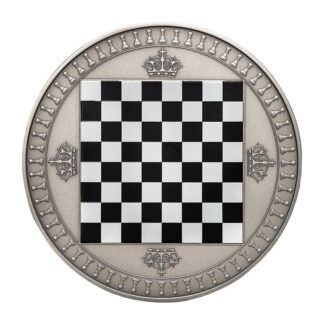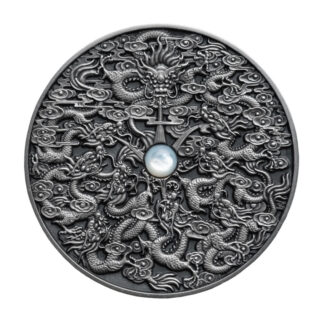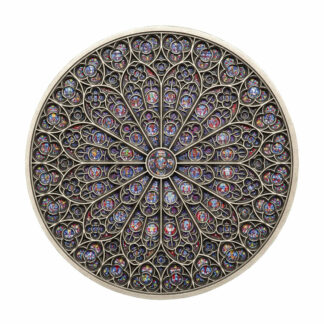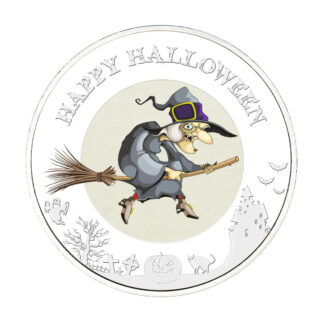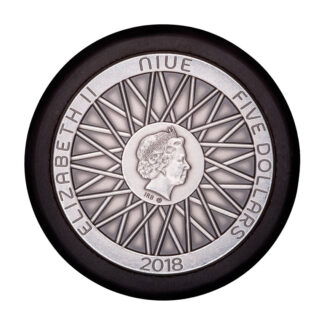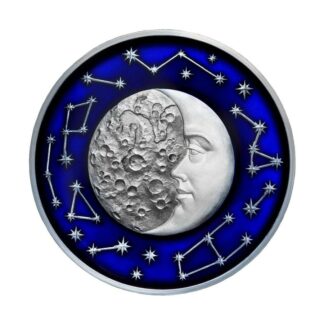Description
Carpe diem is a Latin aphorism, usually translated “seize the day”, taken from book 1 of the Roman poet Horace’s work Odes (23 BC).
Perhaps the first written expression of the concept is the advice given by Siduri to Gilgamesh, telling him to forgo his mourning and embrace life although some scholars see it as simply urging Gilgamesh to abandon his mourning, “reversing the liminal rituals of mourning and returning to the normal and normative behaviors of Mesopotamian society.”
In Horace, the phrase is part of the longer carpe diem, quam minimum credula postero, which can be translated as “Seize the day, put very little trust in tomorrow (the future)”. The ode says that the future is unforeseen and that one should not leave to chance future happenings, but rather one should do all one can today to make one’s future better. This phrase is usually understood against Horace’s Epicurean background. The meaning of carpe diem as used by Horace is not to ignore the future, but rather not to trust that everything is going to fall into place for you and taking action for the future today.
Related but distinct is the expression memento mori (remember that you are mortal) which carries some of the same connotation as carpe diem. For Horace, mindfulness of our own mortality is key in making us realize the importance of the moment. “Remember that you are mortal, so seize the day.”
In modern English, the expression “YOLO”, meaning “you only live once”, expresses a similar sentiment.
In the 1989 American film Dead Poets Society, the English teacher John Keating, played by Robin Williams, famously says: “Carpe diem. Seize the day, boys. Make your lives extraordinary.” Later, this line was voted as the 95th greatest movie quote by the American Film Institute.

